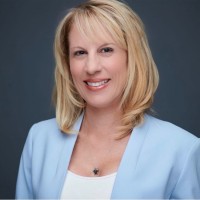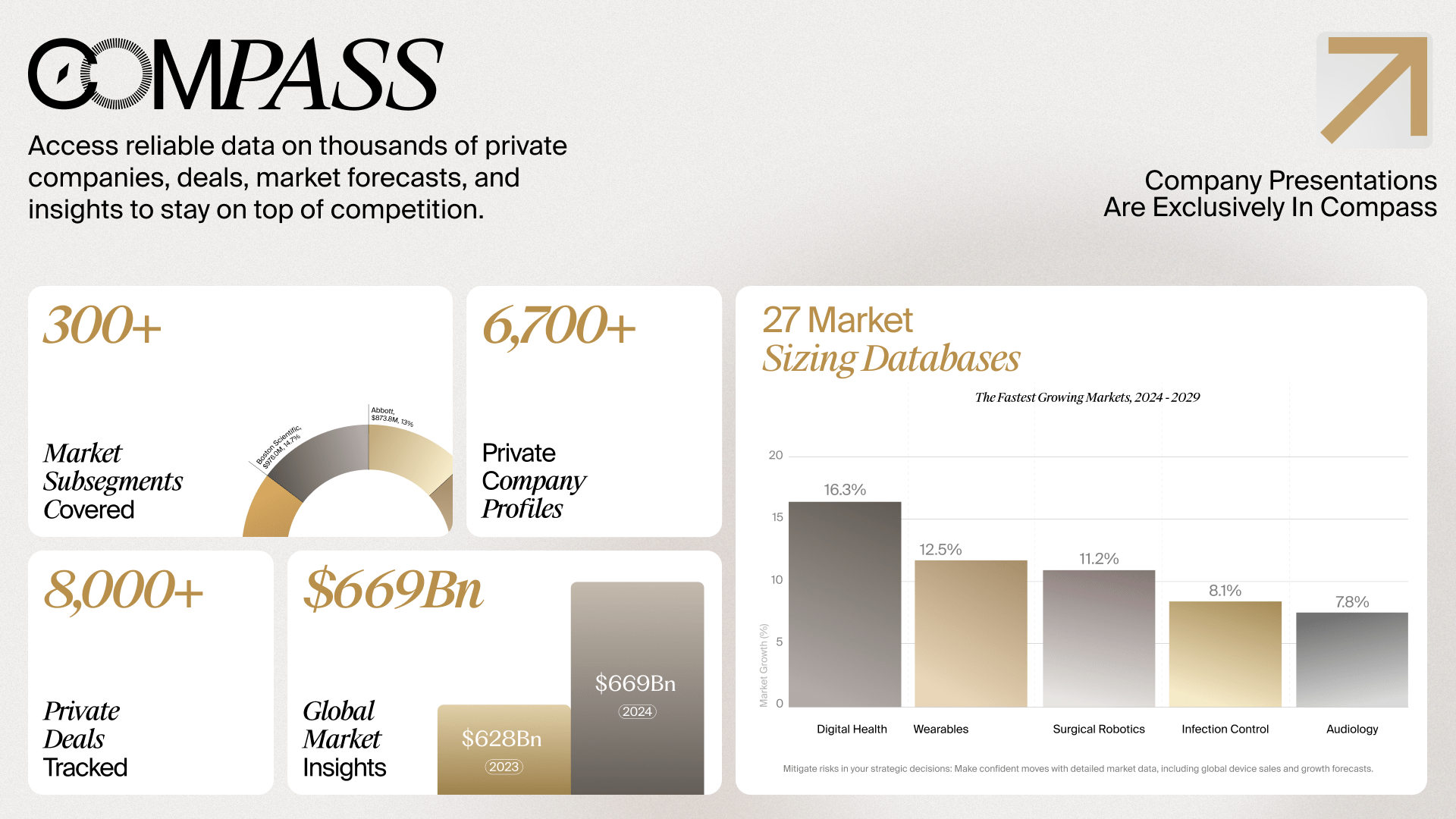- Video Library
- Dasi Simulations | Teri Sirset, CEO
Dasi Simulations | Teri Sirset, CEO
shaping the future of
Medtech at LSI USA ‘26
Waldorf Astoria, Monarch Beach

Teri Sirset
Co-founder, President and CEO of DASI Simulations. Teri is a high-level sales executive with 25 years’ senior management experience in Medical Device Sales and Marketing. Her most recent position was Vice President of Sales and New Business Development for a start-up company in the cardiovascular and neurovascular space. Teri has fund-raising (Angel Investment 2M), Quality Assurance, and FDA submission experience.
Teri Sirset
Co-founder, President and CEO of DASI Simulations. Teri is a high-level sales executive with 25 years’ senior management experience in Medical Device Sales and Marketing. Her most recent position was Vice President of Sales and New Business Development for a start-up company in the cardiovascular and neurovascular space. Teri has fund-raising (Angel Investment 2M), Quality Assurance, and FDA submission experience.

17011 Beach Blvd, Suite 500 Huntington Beach, CA 92647
714-847-3540© 2026 Life Science Intelligence, Inc., All Rights Reserved. | Privacy Policy







